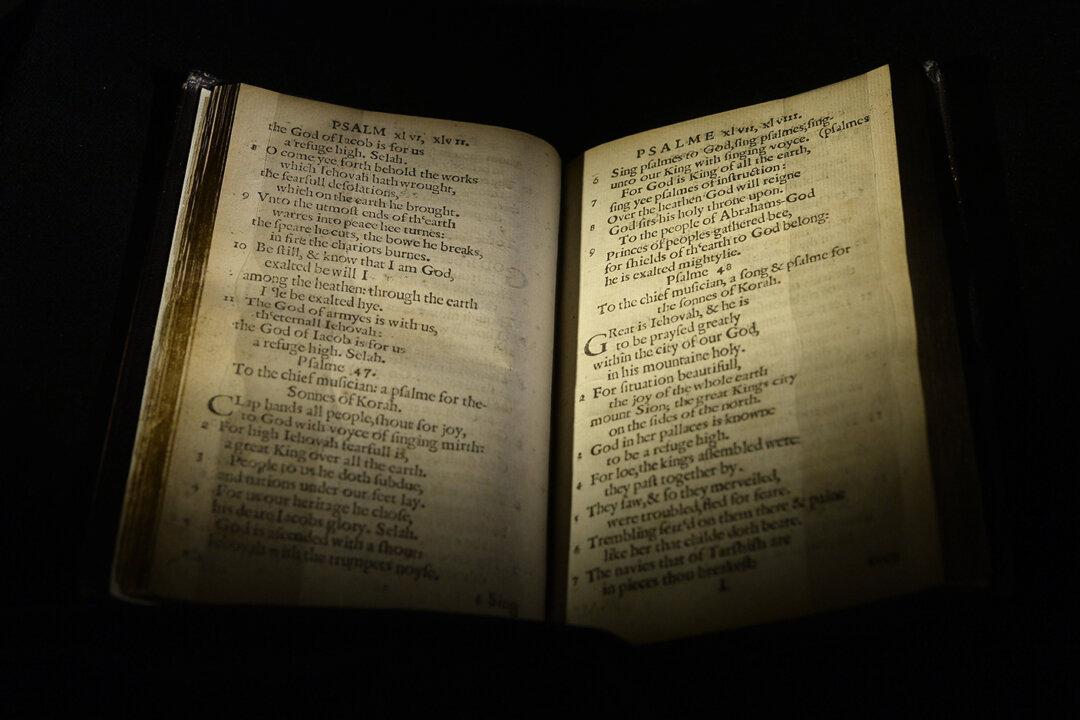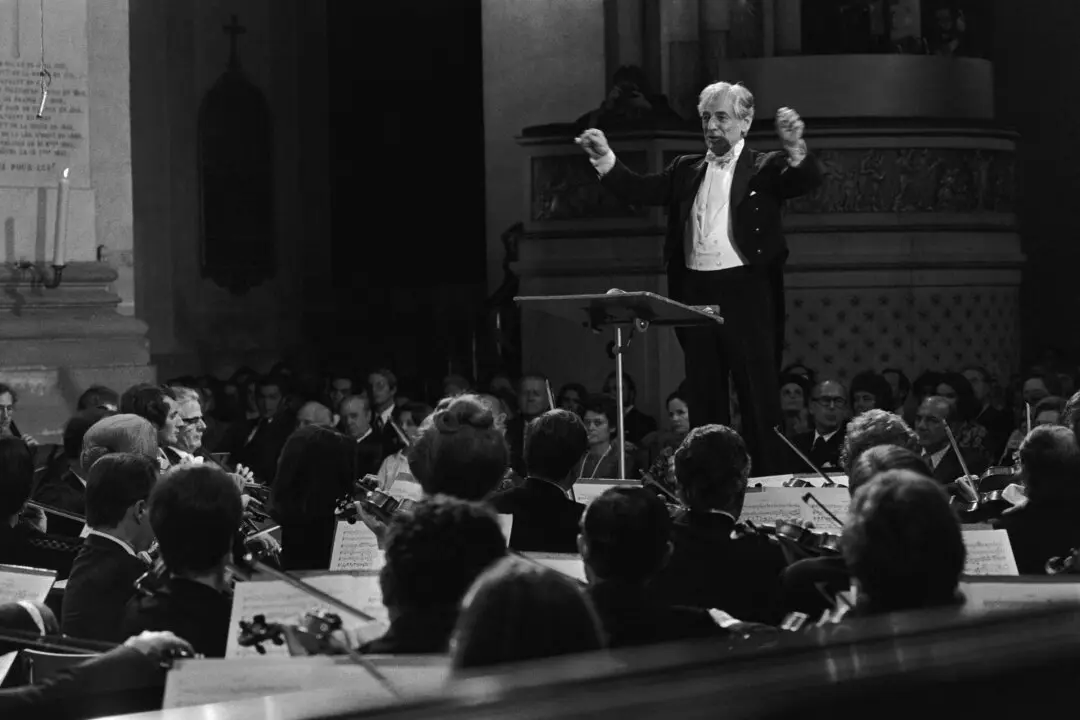The long journey from England to the newly founded British colonies meant that the Pilgrims could travel with only a few of their most precious belongings. Their treasured items primarily consisted of various religious books, including several different translations of psalms found in the Old Testament.
However, the budding community longed for a more cohesive collection of “metrical psalters,” or hymns translated from the Book of Psalms, and took it upon themselves to accomplish this task. Known as the Bay Psalm Book, its inaugural edition was printed in 1640 and became the first official book produced in British North America.





